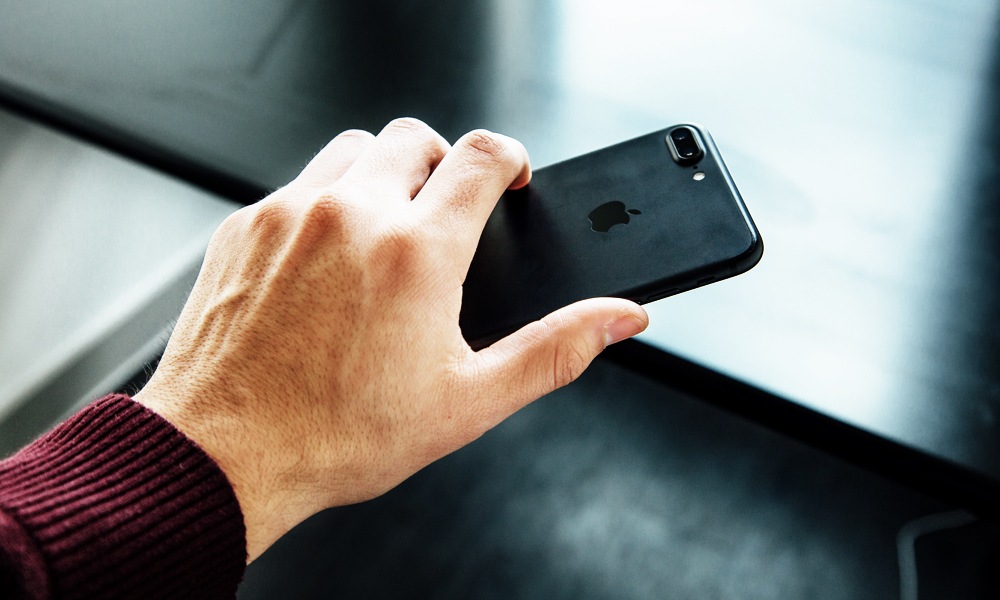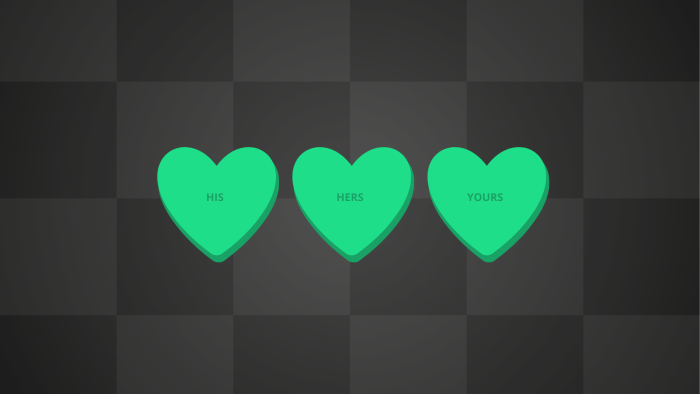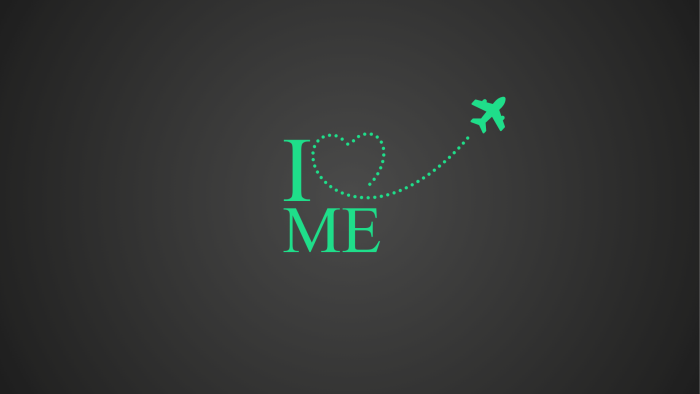We all have those moments. You’re lying in bed, staring at your phone, getting angry at some political rant, and you think to yourself: “Why am I doing this? Why do I even care? Who are these people? This stupid screen is giving me a headache. Damn you, Zuckerberg!” But it ends there. You go to bed, wake up the next day, and it begins all over again.
You’re not alone—not by a long shot, in fact. More and more people everywhere are beginning to question the true value of social media in their lives. We’re all fed up, and gentlemen, the studies don’t lie. Here’s why you should delete your Facebook and toss your phone out a window, according to science.

It May Contribute to Eating Disorders
You’re a man. You take care of yourself, work hard, eat (mostly) right, and you care about the way you look and the way people see you. Unfortunately, that means you may be more susceptible to the very behavior highlighted by a team of researchers at the University of Pittsburgh School of Medicine, who found some interesting correlations between social media loyalty and a propensity for eating disorders. The group found that, of 1,165 U.S. adults between the ages of 19 and 32 who participated in a study, people who relied most on social media were also more than two times as likely to have eating disorders or body image concerns. While correlation doesn’t necessarily prove causation, the relationship is clear. You’re beautiful, damn it! Shed that Facebook weight and be the handsome majestic bastard you are!
It Will Make You Dumber
According to a study published in the Journal of the Royal Society Interface, a team of research scientists surveyed a group of 100 volunteers to gauge how social media influences peoples’ abilities to process and understand information. The results were enlightening. Essentially, the research demonstrated that while social media can help people choose better answers to complex questions, they in no way prepare them for more intuitive thinking or reasoning. Essentially, we have all this information at our fingertips, but we ain’t really doing shit with it. We don’t get better or smarter, and we certainly don’t improve; we just get distracted.
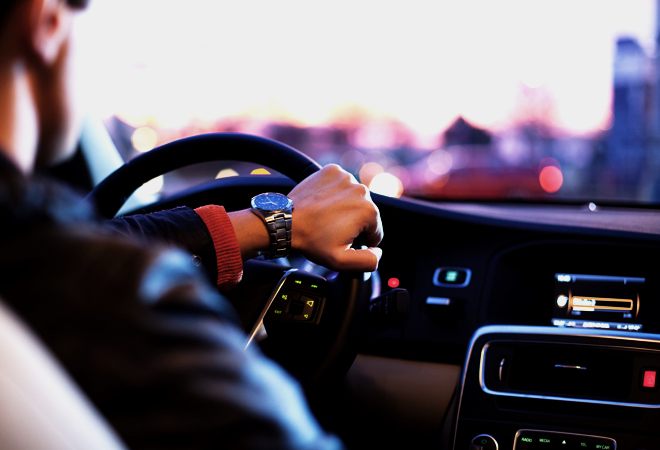
GPS Mapping Makes You an Easy Target
No, we aren’t wearing tinfoil hats, here. Every time you use GEO-tagging to let people know where you are on social, it leaves you wide open to whatever the people who see it want to do. And if you think people aren’t frothing at the mouth to take advantage of peoples’ weak spots, you clearly haven’t done your homework. The process is a lot more complicated than someone noticing you’ve checked into the Wendy’s down the street on Facebook, or that you tagged a photo on Instagram to the bar you were at last week. There are a whole litany of apps that aren’t Twitter, Facebook, or Instagram, that use your GPS coordinates while you’re not aware, and each one of them ensures that you’re “on the grid” at all times.
It’ll Ruin Your Relationships
It doesn’t take a rocket scientist to see that social media can be damaging for even the healthiest of relationships, but studies have shown that even the mere presence of a cell phone affects the way we interact with the people in front of us. We aren’t even talking about being distracted by your phone at dinner or on a date. Simply having a phone within line of sight can negatively impact a person’s behavior. Simply having a cell phone in the room with is enough to impair a couple’s ability to make a intimate, emotional connection. If you’re looking to keep things healthy and happy with your significant others (or even families, friends, and acquaintances), it might be time to log out for good.

It Encourages Narcissism
We’re definitely not the first to say Millenials are having a rough time when it comes to reputations. According to detractors, we’re living in a world where everyone is a unique slowflake, people get trophies just for showing up, and “kids these days” can’t take fifteen seconds to look up from a screen. And while it’s well documented each generation has faced a lot of the same criticism, social media has certainly made narcissism a lot louder. In the last few years, dozens of studies and articles have popped up that allude to social media promoting narcissistic tendencies rather than principles of friendship building and networking. One researcher out of Western Illinois University conducted a study and even found that peoples’ social behaviors on Facebook directly correlated to their real-life anti-social behavior and acts of self-promotion and entitlement. Basically, cut the shit with the mirror selfies. You’ll be a lot happier.
It Causes Depression
When a team of researchers from the University of Pittsburgh conducted a study on 1,787 Americans to gauge their relationships to social media and their propensity for depression, they found over a quarter of the participants had a “high” indication of depression. What’s worse, the team found a direct correlation between the amount of time people spent on social media, and their likelihood of being depressed. But again, this shouldn’t be surprising. We all live the best we can, but when our social media is inundated with tabloid and fake news, clever product plugs, and generally bad news, it can be really difficult to look at it all positively. You’d be shocked at how good it feels to unplug from social.
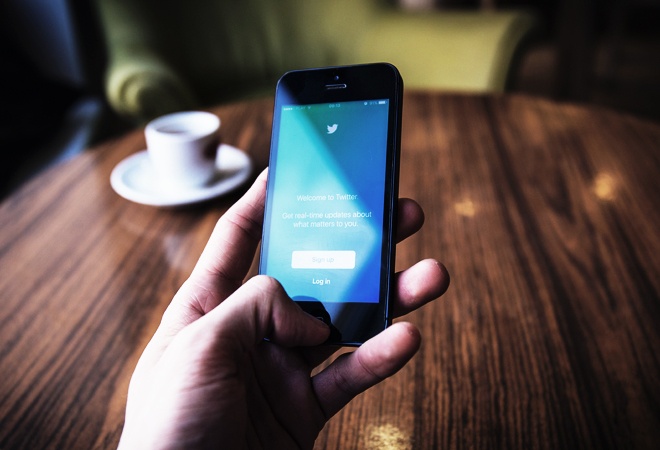
It’ll Mess Up Your Work Flow
If we had to guess, we’d say you probably use social media roughly 75% for distraction, and 25% to keep up with friends and family and update people on the goings on of your life. Is that about right? Yeah. Well, a study from the University of Bergen found that prolonged private social media use at the office is directly and negatively correlated to work performance. In case layman’s terms, as social media use goes up, personal work productivity goes down. The study, which had roughly 11,000 participants, did find that results varied based on things like age, gender and personality, but the correlation remained clear throughout the varying demographics. At the very least, stay off your phone at work if you want to get things done.
It Promotes Co-Dependence and Mob Mentality
The Mob Mentality essentially promotes the idea that if more people feel a certain way about one thing or another, then those people are correct in their feelings—regardless of context. It’s basic peer pressure. If it feels like everyone’s doing it, they must be right. A study from HP Labs found that social networks opened people up to more opportunities for peer pressure. If you thought social media was all about individual expression and personal thought, you may want to reconsider.

